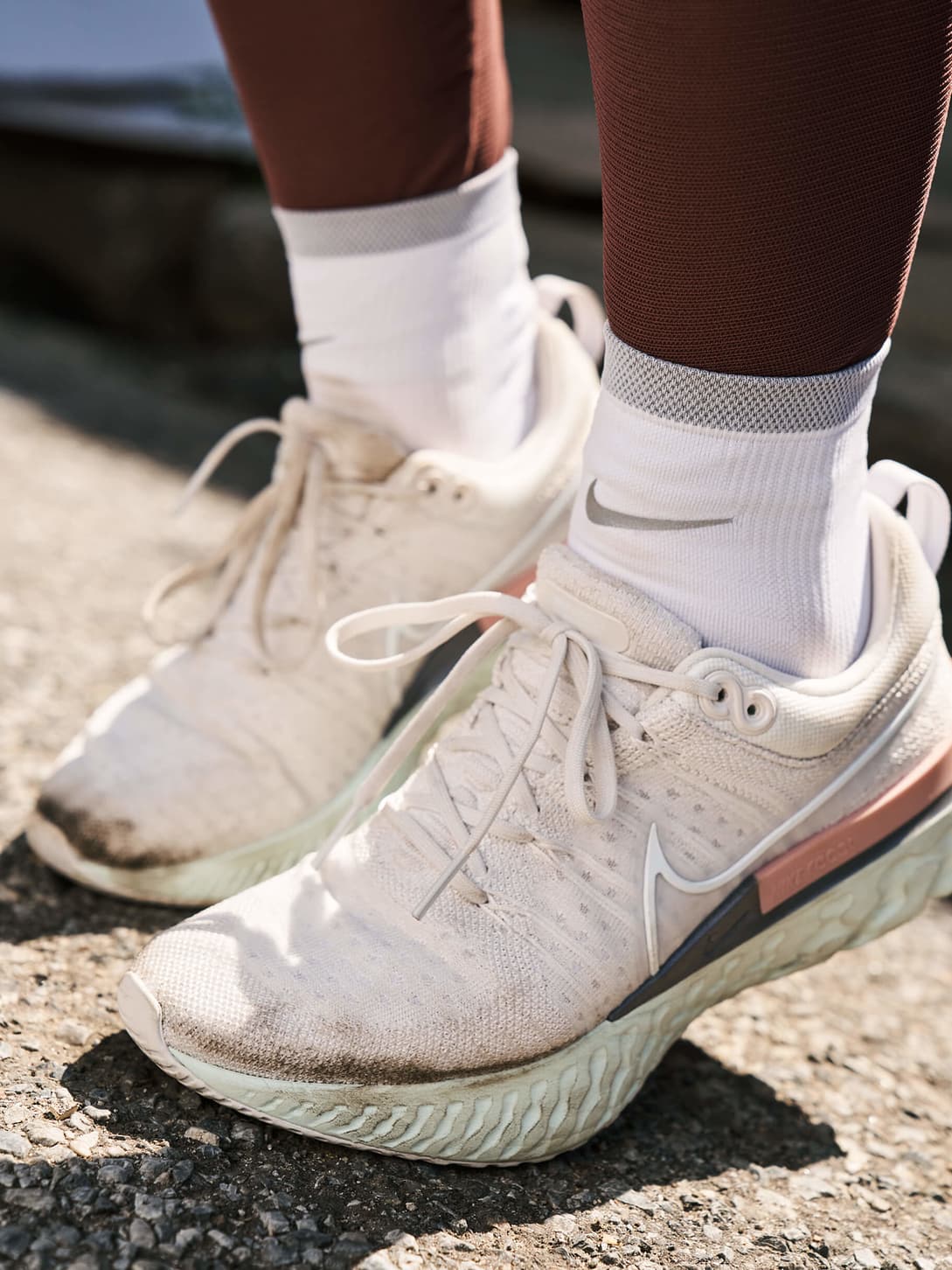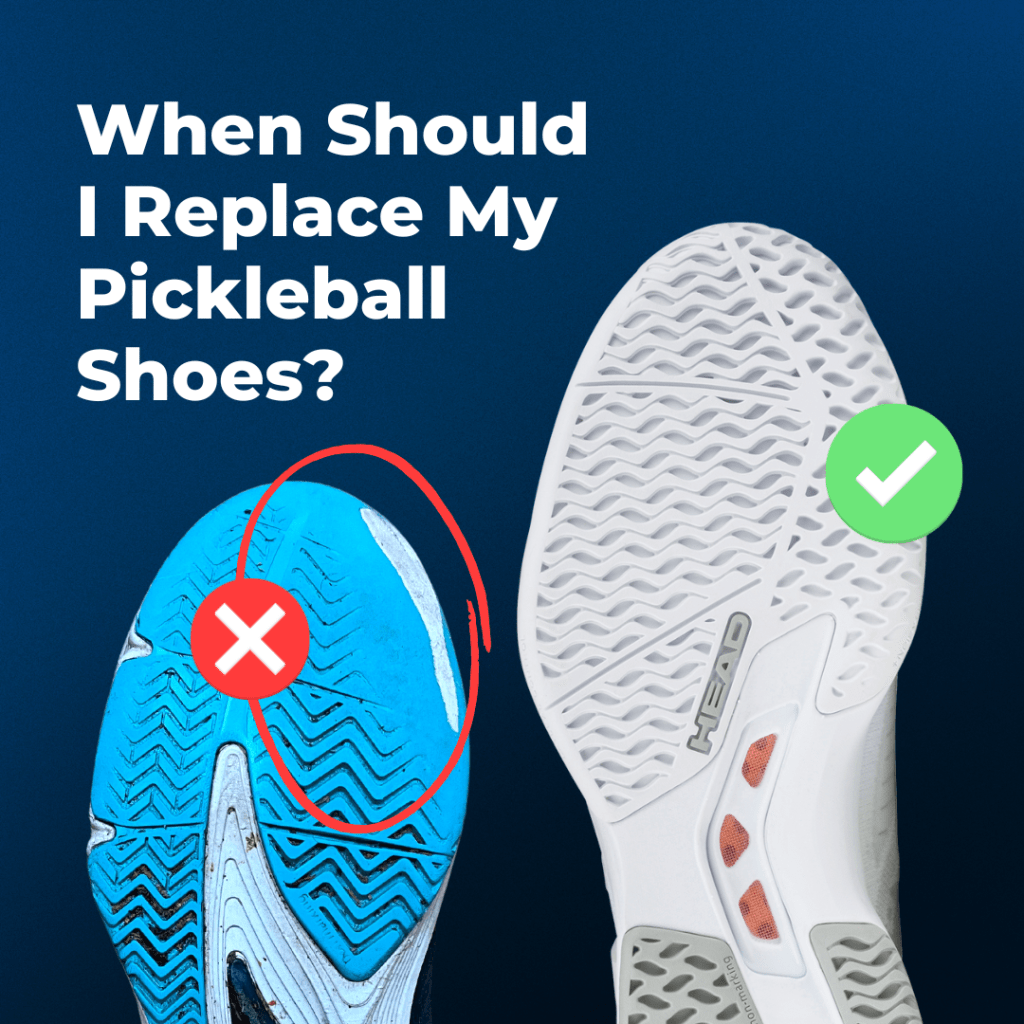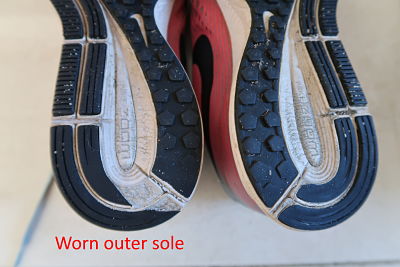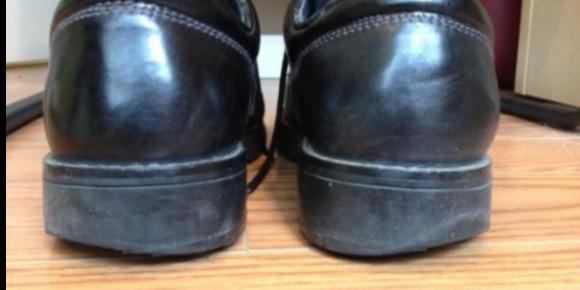Shoes are more than just a fashion statement; they’re essential for comfort, performance, and health. But how often should you replace them? Whether you’re a casual wearer or an avid athlete, understanding the right time to retire your favorite pair can save you from discomfort and potential injuries.
Understanding Shoe Lifespan
Most shoes have an expected lifespan based on various factors including usage, type, and materials. While there’s no universal answer, a general guideline suggests replacing shoes every 300-500 miles for runners, while everyday footwear might need replacing every 6-12 months. Here’s a breakdown of how different types of shoes wear over time.
Factors Influencing Shoe Lifespan
- Type of Shoe: Running shoes wear out faster due to high impact.
- Frequency of Use: Daily wear will accelerate wear and tear.
- Surface Type: Running on hard surfaces can degrade shoes quicker.
- Body Weight: Heavier individuals may find shoes wear down faster.
The Role of Shoe Quality
High-quality shoes, though often more expensive, can offer extended lifespan and performance. Consider investing in brands that prioritize durability and comfort. Here’s a quick comparison between budget and premium shoes:
| Feature | Budget Shoes | Premium Shoes |
|---|---|---|
| Durability | Usually lower | Higher |
| Comfort | Basic cushioning | Advanced cushioning technology |
| Performance | Average | Exceptional |
| Price | Low to moderate | Moderate to high |
Signs It’s Time to Replace Your Shoes
Knowing when to replace shoes is crucial, especially for sports enthusiasts. Here are some key signs:

1. Visible Wear and Tear
Inspect your shoes regularly. Look for worn-out soles, frayed laces, and cracks in the material. If the tread is smooth and you can see the insole material, it’s definitely time for a new pair. Here’s a case study: one frequent runner noticed his shoes were losing grip and causing discomfort during runs, prompting him to replace them promptly.
2. Reduced Shock Absorption
Shoes are designed with cushioning to absorb impact. Over time, this cushioning wears out. If you feel more pressure on your feet after runs or walks, it’s a sign that the shock absorption has diminished, indicating a need for replacement. A popular footwear brand, New Balance, specifically mentions the importance of cushioning in their marketing materials.

3. Pain or Discomfort
One of the most telling signs is pain! If you experience foot, knee, or back pain that you can’t attribute to other issues, your shoes could be the culprit. Consumers have reported drastic improvements in comfort levels and reduction in pain after switching to new footwear.
Special Considerations for Different Shoe Types
Each type of footwear has slightly different recommendations. Let’s dive deeper:

Running Shoes
Runners should pay close attention to mileage. It’s recommended to replace them every 300-500 miles. A study by the Sports Medicine Institute found that runners who replaced their shoes on time saw a significant reduction in injuries.
Casual Sneakers
For casual wearers, shoes should be replaced every 6-12 months, but you can stretch this if you alternate with other pairs frequently. Real-world feedback shows that regularly switching shoes can prolong the life of each pair.

Dress Shoes
Luxury dress shoes can last longer if cared for properly. However, if you notice discomfort or wear, it may be time to explore options. One user shared how regular polishing and professional maintenance extended the life of her favorite pair of heels by years.
Tips for Extending Shoe Lifespan
There are several ways to keep your shoes in good condition for longer. Here are some practical tips:

1. Rotate Your Shoes
By having multiple pairs and rotating between them, you allow each pair to rest and regain shape, reducing wear.
2. Clean and Care for Your Shoes
Regular cleaning can prevent buildup of dirt and grime, which can wear down materials quicker. Always follow the manufacturer’s care instructions.

3. Invest in Quality
Spending a little more initially can save you money in the long run. Consider brands known for durability and comfort.
4. Check the Fit
Ensure your shoes fit properly. Shoes that are too tight or too loose can wear out more quickly and cause discomfort.

Product Highlights
Top Running Shoes for Every Budget
Here’s a quick rundown of some of the best footwear that balances quality with price:
- Budget: ASICS Gel-Venture 7 – Great support, durable for casual runners.
- Mid-Range: Brooks Ghost 14 – Excellent cushioning and stability for serious runners.
- Premium: Hoka One One Bondi 7 – Maximum cushioning and comfort for long-distance runners.

Frequently Asked Questions (FAQs)
1. How can I tell if my shoes are worn out?
Look for smooth soles, visible cracks, and reduced cushioning. If you experience discomfort while wearing them, it’s time to replace them.
2. Do high-quality shoes last longer?
Generally, yes! Higher-quality materials often lead to longer wear and better performance.
3. Can I repair my shoes instead of replacing them?
Some issues can be repaired, like a re-sole on dress shoes. However, if the structure is compromised, replacement is often the best option.
4. What are the best materials for long-lasting shoes?
Leather, high-denier nylon, and rubber are typically durable materials. Look for reinforced stitching for added strength.
5. How often should I replace shoes for walking?
For casual walking shoes, replacing them every 6-12 months is a good rule, depending on frequency of use.
6. Are there specific signs of wear for sneakers?
Check for uneven wear on the sole, visible cracking, and loss of support or cushioning.
7. What should I do with old shoes?
Consider donating, recycling, or repurposing them. Many brands have recycling programs!
8. Can wearing worn-out shoes cause injury?
Yes, worn-out shoes can lead to poor support and alignment, increasing the risk of injury.
9. What are the best practices for storing shoes to maximize lifespan?
Store shoes in a cool, dry place away from direct sunlight. Using shoe trees can help maintain their shape.
Conclusion
Understanding how often to replace shoes is essential for comfort, health, and performance. By paying attention to wear patterns, opting for quality, and following maintenance tips, you can ensure your footwear always supports you in every step you take. Retire your worn-out shoes and invest in a new pair, because your feet deserve the best!